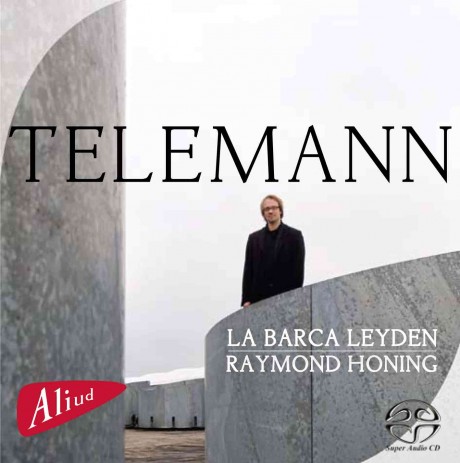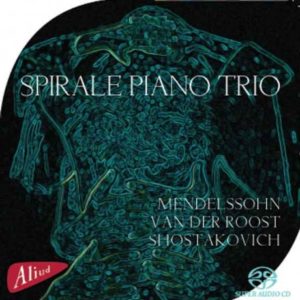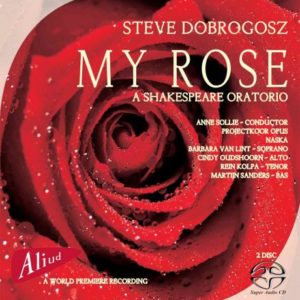Description
Telemann, an enterprising innovator
Georg Philipp Telemann (1681-1767), if his mother had had her way, would never have become a composer. Despite the fact that he composed large-scale works from a very early age, his mother insisted that he should study law in Leipzig. But it was soon evident that his heart lay in music. Posts in Sorau, Eisenach (where he got to know Bach) and Frankfurt followed, and in 1721 he gained a top position as music director of nearly all the major churches of Hamburg. During his lifetime, Georg Philip Telemann was nothing less than a star. In our day, however, he has often been viewed primarily as a prolific writer. This is unjust, although it can hardly be denied that he wrote a lot of music – it is indeed the question whether there has ever been a composer with more pieces to his name. But the term prolific has had a negative effect on Telemann’s reputation, and this is directly related to our changing attitude through the centuries to the creative arts. In the eighteenth century, composing was much more a craft – unavoidably so in view of the amount of music that was needed. The modern listener may enjoy hearing works from times past, but in the Baroque this was a different matter. Looking back into the past was less of a habit, and modern music was a significant aspect of cultural and social life.





